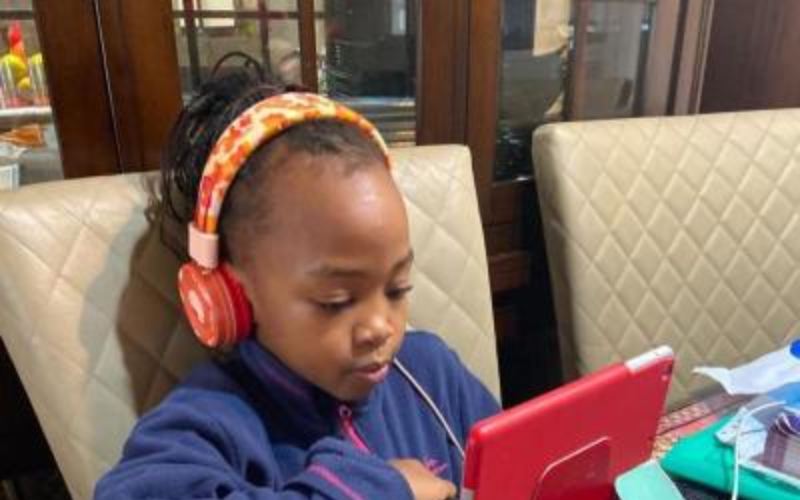
Internet use, particularly among young people, has burgeoned in recent years, especially in the Covid-19 era. According to the Telecommunication Development Sector (ITU) - the official UN source for information and communications technologies (ICTs) - at the end of 2019, over 51 per cent of the global population, or four billion people, were using the internet.
It is further estimated that 346 million internet users and 376 million social media users came online for the first time last year. Unfortunately, as much as the internet brings huge benefits and supports children’s educational and social development, it also exposes them to new and evolving forms of online sexual exploitation and abuse.







